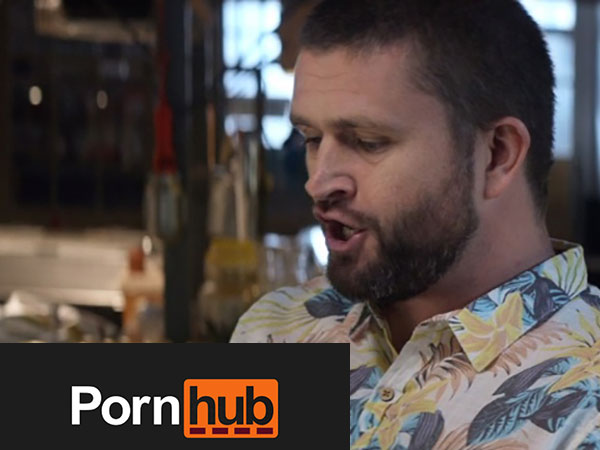UK Government Seeks Parental Input about Automatic Filtering

YNOT EUROPE – The British government has initiated a 10-week public consultation period soliciting input from parents and businesses about whether to mandate an ISP-level block on all internet sites promoting pornography, violence and self-harm. Should the government decide to install such a rule, adults would be required to opt in to viewing material the government deems “unsuitable” before they may access blacklisted sites on their desktop computers or mobile devices.
According to a discussion paper posted online, the study asks for input on three options:
- A system that blocks potentially harmful matter by default, requiring users to opt in before they are allowed open access to the web.
- A system that forces each user to choose between open access and filtered access, with no middle ground.
- A system that combines the two forgoing options, blocking potentially harmful content by default but allowing users to unblock anything they wish to see when they wish to see it.
All three proposals ostensibly are designed to protect children from encountering content deemed harmful to minors. According to Ofcom’s Children’s Media Literacy Tracker 2010 and EU Kids Online II survey, one in five 11- to 16-year-olds have viewed “unsuitable” user-generated content online. Among 14- to 16-year-old girls, the figure rises to one in three.
Material under consideration for the ban includes sexually explicit content, materials discussing anorexia and suicide, and graphically violent matter.
The current code of practice signed by the country’s four largest ISPs — BT, TalkTalk, Virgin Media and Sky — allows customers access to the entire web by default unless they request filters be installed on their accounts. Some ministers worry the approach is insufficient, as a certain percentage of parents complain they don’t understand the technology and can’t use it effectively.
More than 100,000 of those people reportedly have signed on to support Safetynet, a campaign demanding the government mandate automatic filtering.
Conservative MP Claire Perry has been one of the most outspoken proponents of automatic filtering. She and Prime Minister David Cameron lead a contingent that would like to see automatic filtering win broad support, although Cameron has said he wants to “explore every option that might help make children safer.”
Children’s Minister Tim Loughton seems to have his doubts whether default filtering would solve the problem or merely prove the law of unintended consequences.
“There is no silver bullet to solve this,” he told the BBC. “No filter can ever be 100-percent foolproof. There is a cottage industry of people, mostly operating outside the UK, continually creating and proliferating ‘proxy’ websites that provide links to adult and harmful content.
“Automatic filtering on its own risks, lulling parents into a false sense of security, and there can never be any substitute for parents taking responsibility for how, when and where their children use the internet,” Loughton added. “The answer lies in finding ways to combine technical solutions with better education, information and, if necessary, regulation further down the line.”
Comments are closed.





